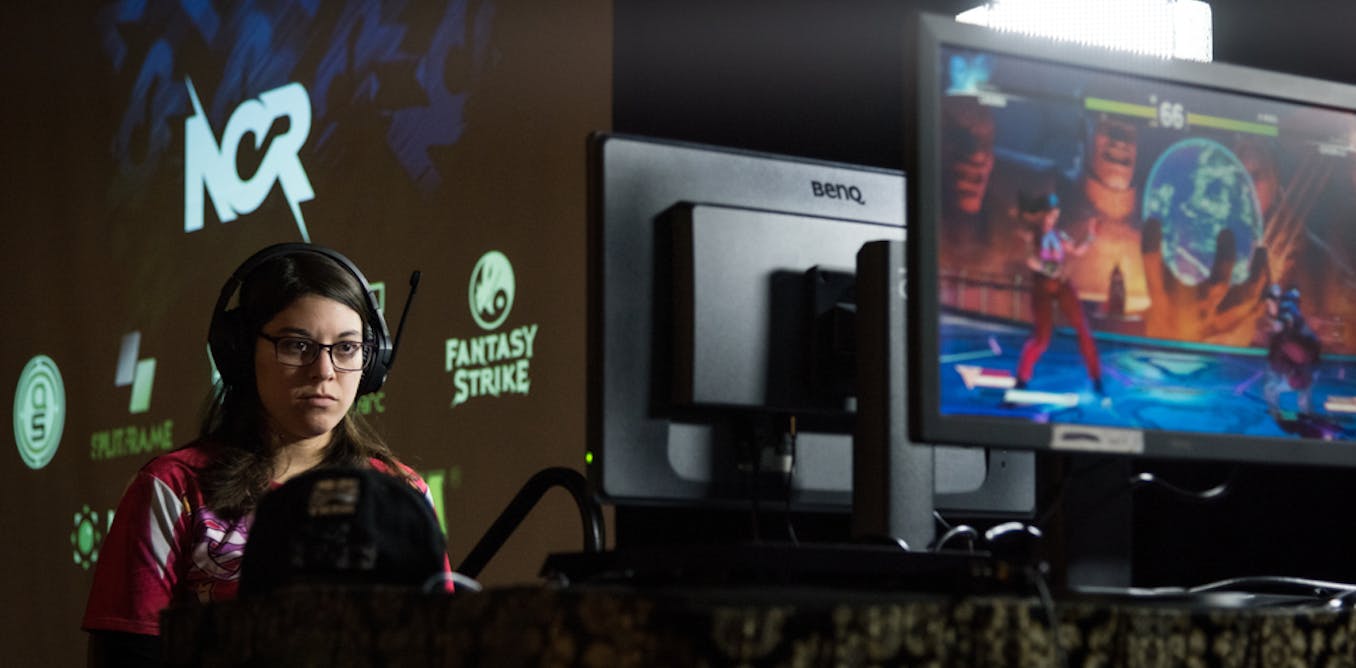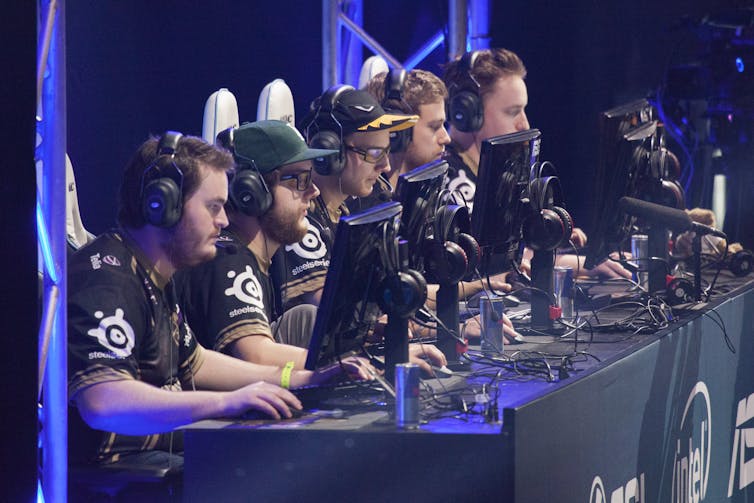The traditional intelligence quotient (IQ) test, a time-honored but increasingly controversial measure of cognitive ability, has long been the gold standard for gauging human intelligence. Yet, in an era defined by massive datasets and digital life, a new, more pervasive, and arguably more accurate metric of intelligence is emerging: the complex video game. Recent research has demonstrated a powerful correlation between high performance in popular, strategic online games and superior scores on classic intelligence assessments. For games like the multiplayer online battle arena (MOBA) phenomenon, where success depends on split-second strategic calculations, pattern recognition, and working memory, the competitive ladder acts as a global, real-time cognitive test. This unexpected link suggests a tantalizing possibility: that the millions of button clicks and strategic decisions made daily by gamers could soon provide scientists with an unprecedented, low-cost tool to measure and monitor the intelligence of entire populations, potentially replacing the pencil-and-paper examinations of the past.
The Strategy Game and the Intelligence Quotient
The correlation between skill in video games and high intelligence is not a blanket statement; it is highly dependent on the game genre. Studies have focused primarily on action strategy games, specifically MOBAs like League of Legends and Dota 2, which demand intense intellectual effort. Researchers who administered standard intelligence tests to highly-ranked players of League of Legends found that their average IQ scores clustered between 115 and 120, firmly placing them in the top 15% of the general population. This finding is similar to the established link between high IQ and expertise in traditional strategy games like chess.

The reason for this connection lies in the cognitive skills these games require. Success in a MOBA relies less on raw hand-eye coordination and reflexes and more on superior fluid intelligence. This encompasses the ability to think logically and solve abstract problems independent of acquired knowledge. Players must process huge amounts of novel visual and strategic data, recognize emerging patterns in an opponent’s behavior, manage multiple in-game resources, and execute complex tactical plans under intense time pressure. The sheer intellectual demands of mastering these digital battlegrounds mean that, in essence, the games act as an extended, dynamic test of raw cognitive power.
The Cognitive Divide in Digital Play
Further research has highlighted a clear cognitive divide between different game types by looking at how performance changes with age. Strategy games show a peak in player skill that mirrors the human intelligence curve. For both League of Legends and Dota 2, the highest performance is seen in players around their mid-twenties, which is the approximate age when traditional measures of fluid intelligence typically peak before beginning a gradual decline. This pattern strongly suggests that the games are tapping into core intellectual abilities.

In stark contrast, this age pattern was not observed in the performance of players of First-Person Shooter (FPS) games, such as Destiny or Battlefield 3. FPS games tend to prioritize different characteristics: exceptional motor speed, aiming accuracy, and operational decision-making, skills that often peak in the late teens and decline sooner. By differentiating performance peaks based on game genre, researchers are able to isolate the strategic video game as a unique, powerful proxy for measuring abstract reasoning and working memory, the two key components of fluid intelligence. This ability to distinguish between cognitive skill sets makes digital game performance a remarkably nuanced metric.
The Limitations of the Traditional Measure
For decades, the IQ test has faced criticism for a variety of reasons, many of which video games naturally overcome. Traditional tests are expensive and time-consuming to administer in laboratory settings. More critically, they are susceptible to test anxiety, which can artificially depress scores, and they suffer from the Flynn Effect—the decades-long rise in IQ scores partly attributed to the fact that modern humans are simply better trained in the abstract logic required to solve test problems.

Video games, on the other hand, offer an objective and uncheatable measure of performance. A player’s rank or rating in a highly competitive game reflects their ability to consistently defeat millions of human opponents, providing a far more ecologically valid measure of real-world problem-solving ability than answering hypothetical questions on a paper sheet. By measuring actual behavior during a voluntary and engaging activity, video games circumvent the inherent artificiality and motivational issues of formal testing, effectively turning play into passive, massive-scale psychological measurement.
The Promise of Cognitive Epidemiology
The most groundbreaking potential application of game-based intelligence measurement is in cognitive epidemiology—the study of how intelligence relates to population health over time. With hundreds of millions of people playing networked video games daily, every action, decision, and reaction generates a continuous stream of data. This digital torrent offers scientists a new, cost-effective way to measure the cognitive pulse of entire populations without conducting a single formal test.
This capability would be invaluable for public health. For example, it would allow researchers to passively and continuously monitor for environmental or policy changes that might affect brain health. If a decline in the average intelligence of a population—the so-called Reverse Flynn Effect—were to be caused by, say, widespread pollution or a drop in educational quality, a game-based metric could detect the decline in cognitive performance almost immediately. This offers a high-bandwidth, global proxy test that is significantly cheaper and more efficient than any traditional study, allowing public health bodies to spot detrimental cognitive trends and intervene far sooner.
Playing the Future of Human Intellect

The research into video game performance and intelligence suggests a paradigm shift in how we understand and measure the human mind. The rise of sophisticated digital environments means that intelligence is no longer restricted to being measured by formalized, decades-old paper-and-pencil tests. Instead, it is being played out in complex, dynamic, and challenging virtual worlds that require a continuous application of strategic thought and working memory.
For the gamer, this means that their hobby is more than just entertainment; it is a measurable reflection of their genuine cognitive capacity. For science, the ability to harvest vast, objective data from gameplay opens up an entirely new frontier for understanding cognitive health on a massive, global scale. As the world becomes more interconnected and digital, the very nature of intelligence assessment is evolving, suggesting that the leaderboard of a top-tier video game may ultimately become the most current and accurate measure of what it means to be a modern genius.




